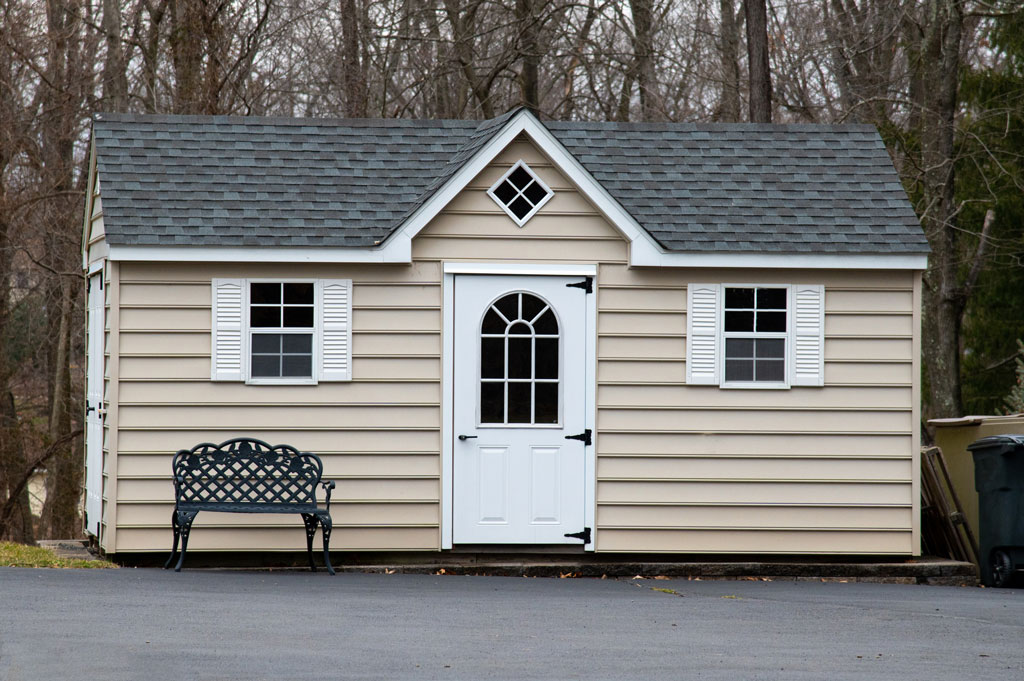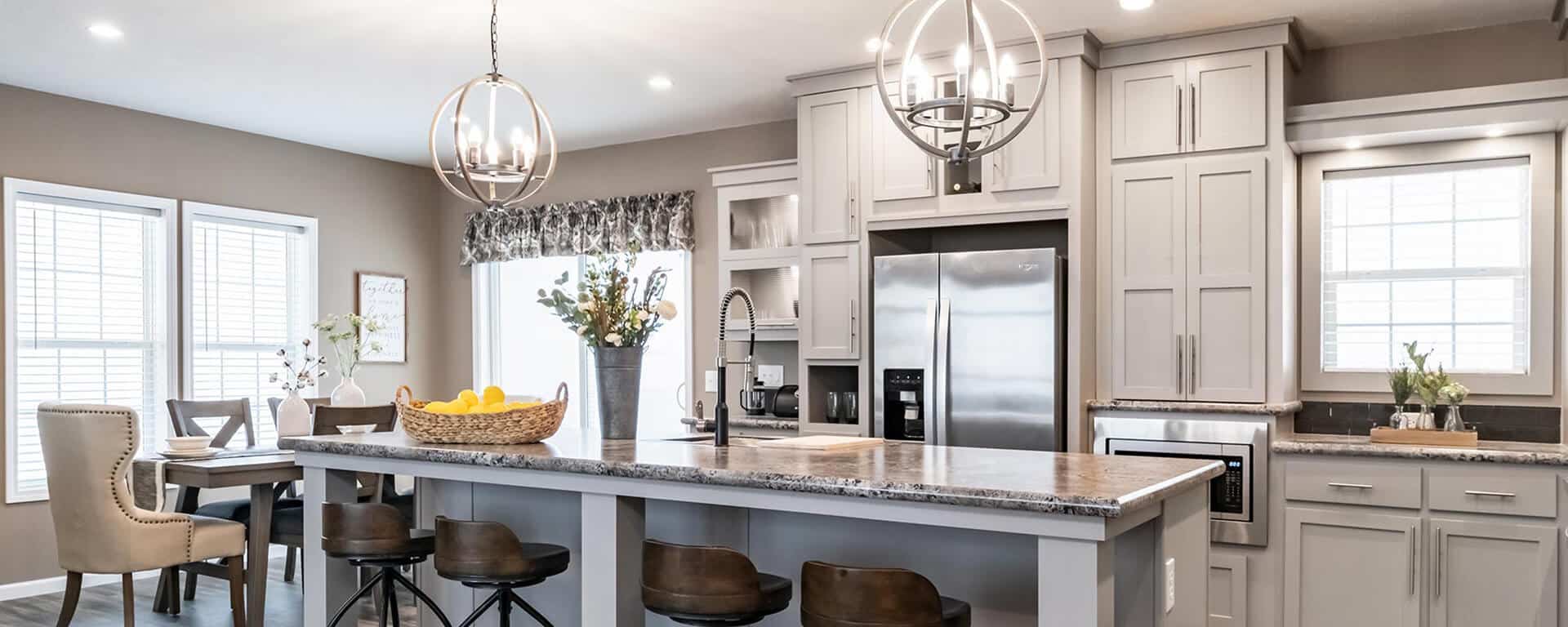Mobile Home Vs. Trailer: Which Offers Better Living?
Smartsites webuser
august 16, 2024

When it comes to affordable housing options, many people find themselves weighing the benefits of mobile homes versus trailers. The terms “mobile home” and “trailer” are often used interchangeably, but there are distinct differences between the two. In this blog post, we’ll compare mobile homes and trailers to help you decide which offers better living for you and your family.
To understand the differences between mobile homes and trailers, it’s essential to define what each term means.
Mobile Homes
Mobile homes, also known as manufactured homes, are built in a factory and transported to a site where they are installed. They are designed to be permanent residences and comply with the HUD (Department of Housing and Urban Development) code, ensuring they meet specific standards for safety and construction. Mobile homes come in various sizes, including single-wide, double-wide, and even triple-wide configurations.
Trailers
The term “trailer” generally refers to smaller, towable structures that can be moved from place to place. They are often used for temporary housing, vacations, or travel. Trailers include RVs (recreational vehicles), travel trailers, and fifth-wheel trailers. Unlike mobile homes, trailers are not typically designed for permanent living and do not have to meet the same stringent building codes.
Space and Layout
- Mobile Homes: Mobile homes offer a variety of floor plans and sizes, providing ample living space for families. They often include multiple bedrooms, bathrooms, and full kitchens, making them suitable for long-term living. The layout of mobile homes can be customized to meet your specific needs, ensuring a comfortable and functional living environment.
- Trailers: Trailers, especially travel trailers and RVs, are generally more compact and have limited living space. While they are designed to maximize space efficiency, they often lack the amenities and roominess of a mobile home. Trailers are ideal for short-term stays or vacations but may not provide the same level of comfort for full-time living.
Cost and Affordability
- Mobile Homes: Mobile homes are typically more affordable than traditional site-built homes, offering a cost-effective option for homeownership. The initial purchase price of a mobile home can vary depending on the size and features, but they generally provide more space and amenities for the money compared to trailers.
- Trailers: Trailers can be less expensive upfront, particularly smaller travel trailers or older models. However, the costs of maintaining a trailer, including storage fees, maintenance, and potential upgrades, can add up over time. Additionally, trailers may not appreciate like mobile homes can, making them a less sound investment for long-term living.
Durability and Longevity
- Mobile Homes: Built to meet HUD standards, mobile homes are constructed with durability and safety in mind. They are designed to withstand various weather conditions and provide a long-lasting living solution. With proper maintenance, a mobile home can last for several decades, making it a reliable option for permanent residence.
- Trailers: While trailers are built for mobility and convenience, they may not offer the same level of durability as mobile homes. Frequent towing and exposure to different environments can lead to wear and tear, potentially shortening their lifespan. Trailers may require more frequent repairs and maintenance to remain in good condition.
Living Experience
- Mobile Homes: Mobile homes provide a stable, comfortable living environment similar to traditional houses. They often come with modern amenities, such as central heating and air conditioning, full-size appliances, and spacious interiors. Living in a mobile home can offer a sense of community, especially when located in a dedicated manufactured home community with shared amenities and services.
- Trailers: Living in a trailer can be an adventure, offering the flexibility to travel and explore new places. However, the compact living space and limited amenities may not be ideal for everyone, especially for long-term living. Trailers are best suited for those who prioritize mobility and a minimalist lifestyle over the comfort and stability of a permanent home.
Community and Lifestyle
- Mobile Homes: Mobile home communities provide a sense of stability and belonging. Many communities offer shared amenities like swimming pools, playgrounds, and clubhouses, fostering a strong sense of community among residents. This lifestyle can be particularly appealing for families and retirees seeking a supportive and friendly environment.
- Trailers: Trailer living often means a transient lifestyle, moving from one location to another. While this can be exciting and offer a sense of freedom, it may also lead to a lack of community and stability. For those who enjoy meeting new people and experiencing different environments, trailer living can be very rewarding. However, it may not suit those looking for a long-term, stable living situation.
While trailers offer flexibility and a sense of adventure, mobile homes provide stability, comfort, and a sense of community. Mobile homes are built to last, offering a durable and affordable housing solution that can truly feel like home.
If you’re considering your options, we invite you to explore the benefits of living in a mobile home community with us. Let us help you find a place where you can thrive and enjoy life to the fullest.
